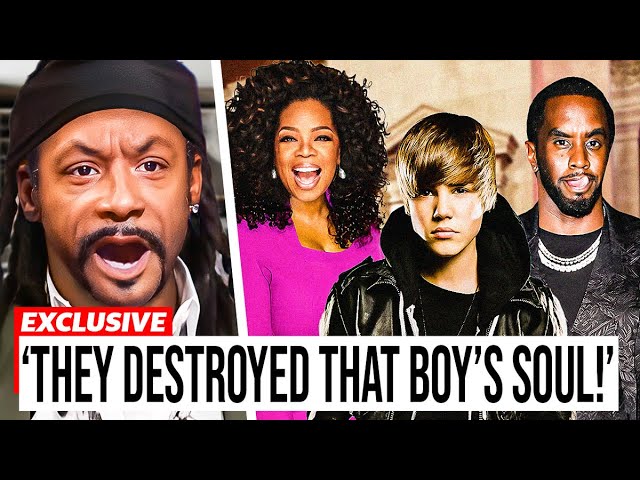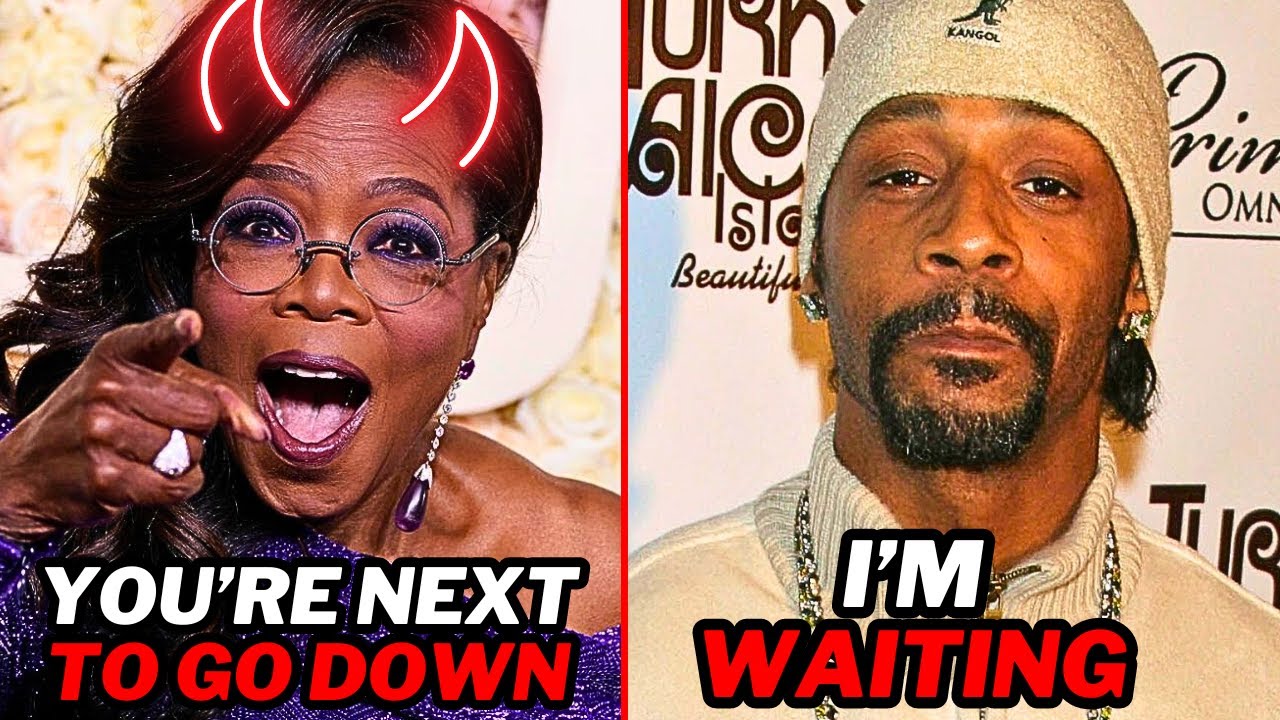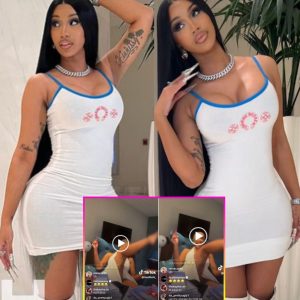The Controversial Intersection of Influence: Oprah, Celebrities, and Allegations
In the realm of Hollywood, where power, influence, and celebrity intertwine, the recent allegations and speculations surrounding Oprah Winfrey’s associations with various high-profile figures have sparked considerable debate and scrutiny.
From whispers of complicity in Diddy’s “shady dealings” to questions about her handling of Harvey Weinstein compared to her treatment of Michael Jackson, Oprah’s actions have come under the microscope, revealing complexities in the dynamics of fame, mentorship, and accountability.
The narrative begins with comedian Katt Williams, whose cryptic warnings about karma catching up to the elites, including Diddy, set tongues wagging about the underbelly of Hollywood’s glittering facade. Williams’ words gained traction when Diddy’s properties were raided by Homeland Security, prompting speculation about Oprah’s alleged involvement in facilitating Diddy’s purported questionable activities.

Furthermore, the resurfacing of a peculiar YouTube video showcasing Justin Bieber’s interactions with Diddy raised eyebrows. In the video, Diddy’s promises to the young Bieber, coupled with unsettling gestures and a significant age gap, fueled conjecture about the nature of their relationship and Diddy’s intentions.
However, the controversies surrounding Oprah extend beyond Diddy and Bieber. The Harvey Weinstein scandal casts a glaring spotlight on Oprah’s response—or lack thereof. Despite her close relationship with Weinstein, Oprah remained conspicuously silent, prompting questions about her allegiance and motives. In contrast, her vocal support for the accusers in the Michael Jackson documentary “Leaving Neverland” stirred further debate about her selective advocacy and the apparent disparity in treatment between Jackson and Weinstein.
The divergent paths taken by Oprah in addressing these two cases raise pertinent questions about her role as a cultural influencer and arbiter of justice. While some applaud her efforts to amplify marginalized voices, others critique her seeming reluctance to hold certain individuals accountable.

In the case of Weinstein, whose predatory behavior was widely documented and ultimately resulted in criminal conviction, Oprah’s perceived silence raises concerns about complicity and the potential misuse of her influence to shield powerful figures from scrutiny. Conversely, her decision to provide a platform for Jackson’s accusers, despite his passing and lack of legal recourse, invites scrutiny over her motivations and the fairness of her approach.
Moreover, allegations of Weinstein exploiting Oprah’s and Naomi Campbell’s connections to manipulate aspiring actresses underscore the murky intersection of celebrity mentorship and exploitation in Hollywood. The power differentials inherent in such relationships underscore the need for vigilance and accountability, particularly when influential figures wield their clout to exploit vulnerable individuals.
As the court of public opinion deliberates Oprah’s actions and motives, it serves as a stark reminder of the complexities and contradictions inherent in the world of celebrity and influence. While Oprah’s contributions to philanthropy and social change are undeniable, her handling of certain situations invites scrutiny and reflection on the ethical responsibilities that accompany fame and power.
In conclusion, the controversies surrounding Oprah Winfrey’s associations with Diddy, Bieber, Weinstein, and Jackson underscore the intricate dynamics of influence, accountability, and moral responsibility in the realm of celebrity. As discussions unfold and narratives evolve, it becomes increasingly imperative to interrogate the actions of public figures and hold them to the highest standards of integrity and transparency.





